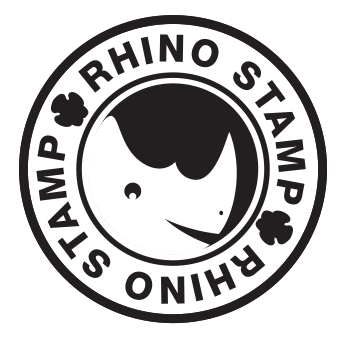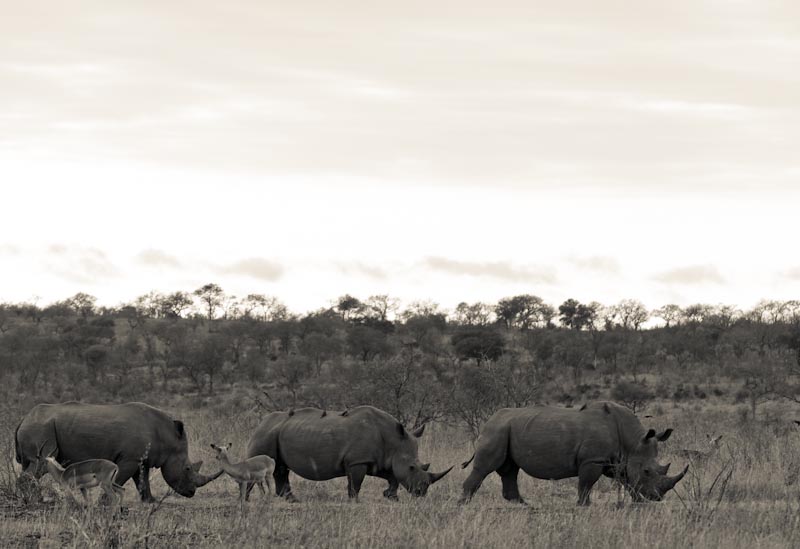 Rhino Stamp GET STAMPED AND HELP STAMP OUT POACHINGEvery day a rhino dies in Africa. In 2010, 333 rhinos were poached for their horns. The following year the number rocketed to 448. So far this year 245 rhinos have been killed, 137 of them in the Kruger National Park. Campaigners against poaching have stated that if rhino poaching continues, rhinos could face extinction within the next ten years.  Every day a rhino dies in Africa. In 2010, 333 rhinos were poached for their horns. The following year the number rocketed to 448. So far this year 245 rhinos have been killed, 137 of them in the Kruger National Park. Campaigners against poaching have stated that if rhino poaching continues, rhinos could face extinction within the next ten years. James Suter and the journey The founder of the Rhino Stamp organization, James Suter worked as Field Guide at Singita Kruger National Park from 2008 through to June 2011. While working in KNP, he had a life-changing experience when he came face to face with a rhino that had been fatally wounded, both horns were removed and it was slowly dying. He found this rhino on his way home from work and was shocked at the brutality of the poachers and the state of the rhino. The poachers had darted the rhino, so that it would sedated long enough for the criminals to remove the precious horns. The poachers had also wounded the rhino with the use of a machete, when the animal recovered it would move away from the crime scene and die from it wounds – consequently making it harder to track down the poachers. James immediately alerted the section ranger. The vet on scene later stated, It was possible this animal had been wandering around in pain, slowly bleeding to death for as long as four days. Unfortunately, there was nothing that could be done to save the rhino and it had to be euthanized. The experience made an impact and James started Rhino Stamp when he moved back to Cape Town at the end of 2011. Rhino Stamp started as a Facebook page merely heightening awareness, updating Facebook followers on rhino poaching information and statistics, encouraging people to get people involved. James then decided to make leather bracelets with a metal accessory that has the rhino stamp logo on it to sell and raise money for a company in the Kruger, Counter Poaching that are training volunteers to fight poaching in the Kruger National Park. James believes that Counter Poaching in the KNP, supported and run by the Honorary Ranger’s organization is the right one for Rhino Stamp to support, due to the fact that The Honorary Ranger’s Counter Poaching Unit is based in KNP and are volunteers doing all they can to stop poaching. Because it is a volunteer organisation Honorary Ranger’s have low overhead costs. This means that no money is diverted from donations/sponsorship and accordingly every cent of Rhino Stamp’s donation will reach the intended counter poaching projects. As James has worked and lived in the Kruger National Park himself, he understands how hard it is to fight poachers on foot, in the bush. Having worked as a Guide in this part of Southern Africa, Counter Poaching is a project James is determined to support. 
|